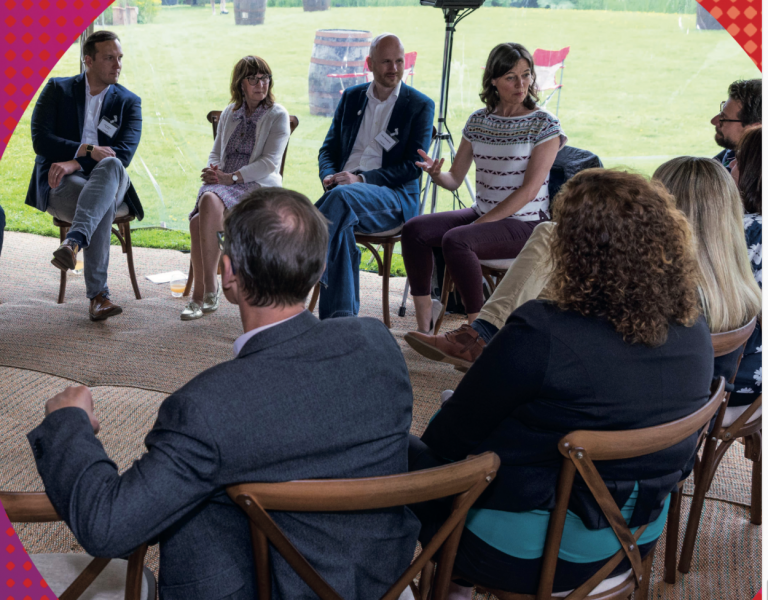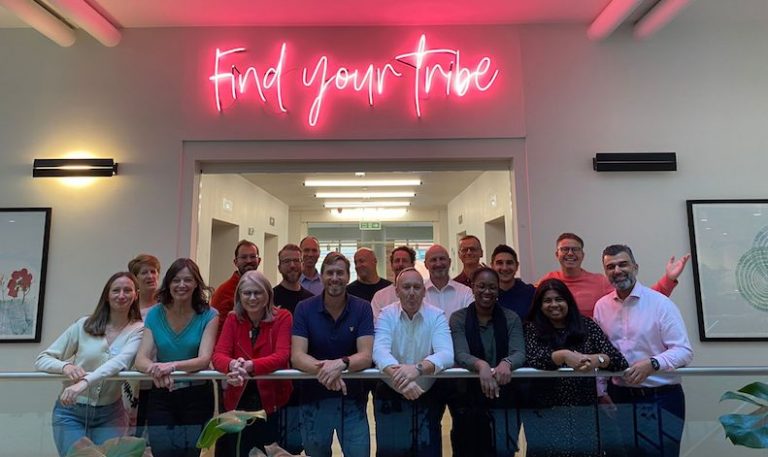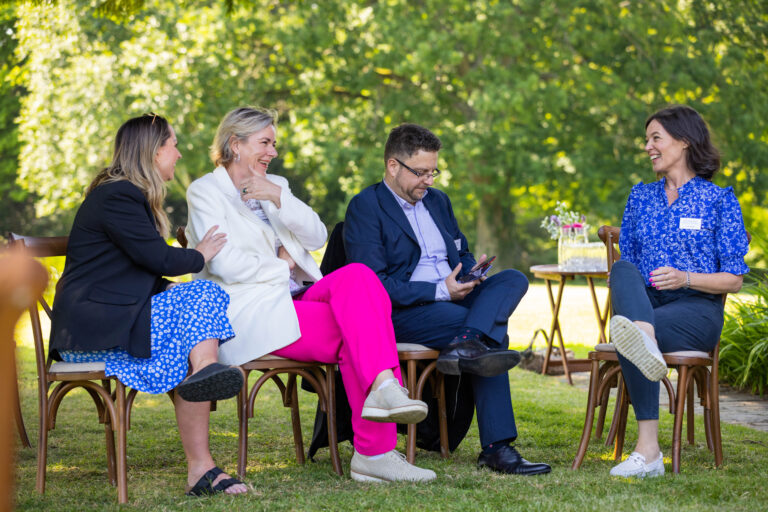
Working with global leadership teams, I have seen the big difference it makes when people are able to talk about what really matters. With better dialogue, fresh ideas spark, collective energies align and a new future emerges.
I’ve also seen time and time again how people struggle to talk about the big issues. David Bohm, the quantum physicist, who later in life developed some powerful insights about human interaction, observed:
‘In our modern culture men and women are able to interact with one another in many ways: they can sing, dance and play together with little difficulty. However, their ability to talk together about subjects that matter deeply to them seems invariably to lead to dispute, division and often to violence. In our view this condition points to a deep and pervasive defect in the process of human thought.’
How can we move beyond breakdown?
With the global challenges we face — social inequality, climate change and world hunger — it is a critical moment for cross-sector collaboration. Protecting people from systemic risks such as cyber attacks calls for individuals, teams and organisations to work together. Given how difficult it can be to talk together about tough issues, what can be done?
Enabling better dialogue
Firstly, leaders need to attend to not only the tangibles but the intangibles too. To borrow an analogy from David Bohm, when we plant an acorn and it grows into an oak tree, we typically think of the seed as the source of the tree. It is, however, more accurate to see that the total environment gives rise to the tree. The moisture in the air, the nutrients in the soil and the energy from the sun all contribute. The acorn is the ‘aperture’ through which the tree unfolds.
In a similar way, dialogue can be the channel through which fresh innovations are released. For a conversation to become this opening, it helps to be aware not just of how we talk (which could be compared to the seed), but the environment too. Our tone of voice matters, as does the quality of our presence. The more aware and awake we are, the better our dialogue.
If organizations are to be environments through which life-affirming action unfolds, the talking space needs to be expansive. Realizing that a single conversation could open or shut the door on a whole new future helps us to become more conscious of how we talk with one another.
Unlocking resistance
Leaders also need to examine their underlying thinking about the issues on the table. To move from ideas to implementation, resistance needs to be openly discussed.
Working with the leadership team of an international development bank, we explored the underlying issues of operationalizing a challenging strategy of poverty reduction. We discussed two key questions:
- What’s at risk if we follow this strategy?
- What’s at risk if we don’t?
Only by surfacing all the concerns in both directions did the team arrive at a route-map that worked for everyone. As the saying goes, ‘What you resist persists.’ It is only by examining the roadblocks that they begin to disappear.
From breakdown to breakthrough
Finally, respect for diversity of perspective matters. The voices of the different parts of the ecosystem all need to be heard. People need to feel safe to express what’s true for them, without fear of the consequences of speaking out. When people with divergent views are listened to, the discussion moves from breakdown to breakthrough. Solutions that strengthen the whole emerge. By developing better dialogue, we are one step closer to creating a more sustainable future for us all.
Are you interested in improving dialogue in your organisation?
There are still a couple of places left on the Leading Systemic Dialogue: Unlock Collective Intelligence programme, 10-11th October 2017, London. Do come and join us! Click here






